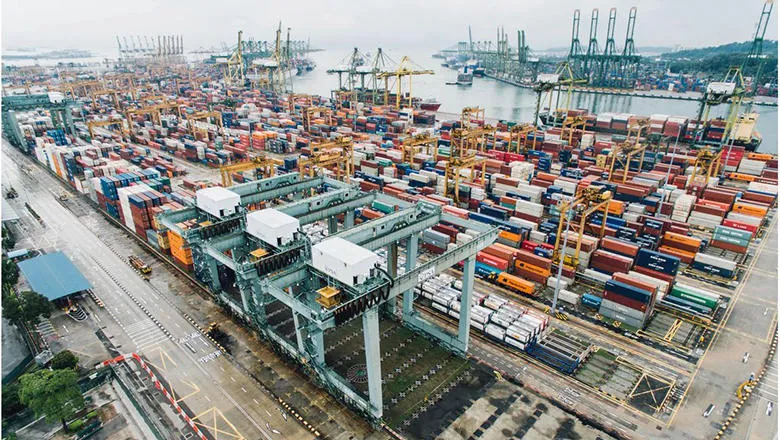This guidance from the FATF will shape how states respond to the threat of sanctioned states that use covert means to finance the procurement of materials and items through the international finance system for weapons of mass destruction and their delivery systems.
Jean-Annet de Saint-Rapt, CSSS Research Associate.
23 April 2021
New guidance to curb global financing of WMD
Researchers contribute to public consultation on financing of weapons of mass destruction.

A team of researchers at the Centre for Science and Security Studies (CSSS), King’s College London recently held an online conference to consult on the forthcoming guidance developed by the Financial Action Task Force (FATF). Founded on the initiative of the G7, the FATF is an intergovernmental organisation that develops policies to combat money laundering, terrorist financing and proliferation finance.
The FATF is helping government and private sectors implement new requirements to identify, assess, understand and mitigate risks associated with financing the proliferation of weapons of mass destruction (WMD) - otherwise known as proliferation finance.
‘This guidance from the FATF will shape how states respond to the threat of sanctioned states that use covert means to finance the procurement of materials and items through the international finance system for weapons of mass destruction and their delivery systems,’ explains Jean-Annet de Saint Rapt, who is leading the research team contributing to the consultation.
CSSS hosted the event to promote discussion and analysis of the FATF’s guidance document and listen to contributions from the key stakeholders within the proliferation finance.
Speakers from the FATF gave a brief outline on the development of the organisation’s guidance to states on proliferation finance to date. Subsequently, CSSS hosted a panel discussion with experts from the United Nations Office on Drugs and Crime (UNODC), the United Nations Panel of Experts on the Democratic People’s Republic of Korea and from a foreign Financial Intelligence Unit.
Participants at the conference raised concerns about the potential risks of adopting an overly narrow definition of proliferation finance activities that focus solely on United Nations sanctions on the North Korean and Iranian nuclear weapons programmes, ignoring those that might be sponsored by other states or that have not been designated yet.
The audience also heard perspectives on how the implementation of the guidance may require some tailoring of risk indicators that are currently outlined in the document to ensure that particular behaviours unique to state-procurement efforts are appropriately differentiated from other criminal and sanctioned behaviour, which are more closely associated with money laundering or terrorist financing.
‘There were also questions raised over how states and private financial institutions would actually implement the guidance without access to expert knowledge to assist with customs activities relating to the technical specifications of dual-use items and other sensitive materials,’ adds Jean-Annet.
Other recommendations included highlighting the need for states to strengthen national information-exchange mechanisms between government and financial actors to improve understanding of potential risks associated with proliferation finance activities.
CSSS researchers compiled these key recommendations, and a detailed report was submitted to the FATF during the consultation period after the conference.

